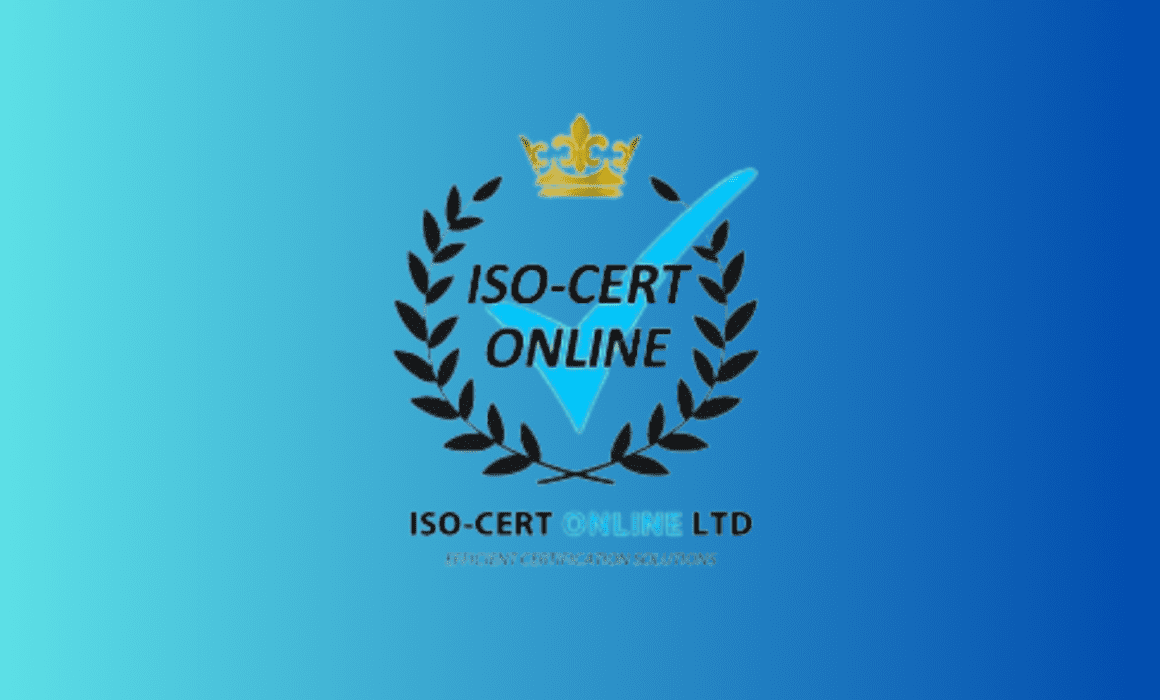The idea of business continuity is something that means different things to different people. There was a time when it would mostly relate to the physical premises of a company, where work could be disrupted by a major calamity, such as a fire, flood, major power outage, or terrorist attack. However, in a more interconnected world, it now extends to the online realm.
Many an organisation can face genuine threats from hackers and other cybercriminals, who may use denial-of-service attacks or malware to prevent a firm’s operations from functioning. But sometimes it can come from an internal problem, such as a software glitch.
The latter issue occurred in July this year when software firm Crowdstrike attempted a new software upload on Microsoft systems and a software bug led to massive IT outages across the globe, impacting everything from airports to banks and healthcare systems.
Such issues highlight the need for organisations to have back-up systems in place to achieve business continuity even in the face of calamity.
Whether that is about having alternative premises to work in, the ability to switch to remote working (something most firms developed the capacity to do during the pandemic lockdowns if they hadn’t already), or back-up IT systems, the best-prepared firms will be able to maintain their work, providing a better service and increasing client confidence as a result.
An ISO 22301 is a certification that shows you have met the international standard for business continuity management systems.
The purpose of attaining it is to demonstrate that you have measures in place that offer a reliable contingency when disaster strikes. In addition, it shows that you have taken clear steps to make such problems less likely to occur in the first place.
For example, when it comes to your IT systems, it could involve having strong cyber security systems and practices that make it less likely you will fall victim to cybercrime and suffer a loss of system functions as a result, as well as having measures to get your system back up and running swiftly if problems do occur.
The benefits of this are not just about being resilient in a crisis. It also means you will benefit from having a clear systemic approach to dealing with a challenging situation, so that when problems arise, you and your staff will know exactly what to do, while having better processes for managing risk.
When you have all this in place, it will increase confidence among everyone who matters, from your colleagues who can get on with their work to company shareholders who will be pleased to see earnings are not badly impacted by disruption, not to mention your clients to whom you can continue to provide a service when others might not have done.
This means the benefits of attaining an ISO 22301 are twofold. Firstly, the very act of qualifying for one means you will have established strong means of maintaining business continuity, which will benefit your business when it needs to weather the storm (sometimes literally). Secondly, having it increases the confidence others have in you.
This is why it makes sense to start working towards ISO 22301 certification today.












Recent Comments